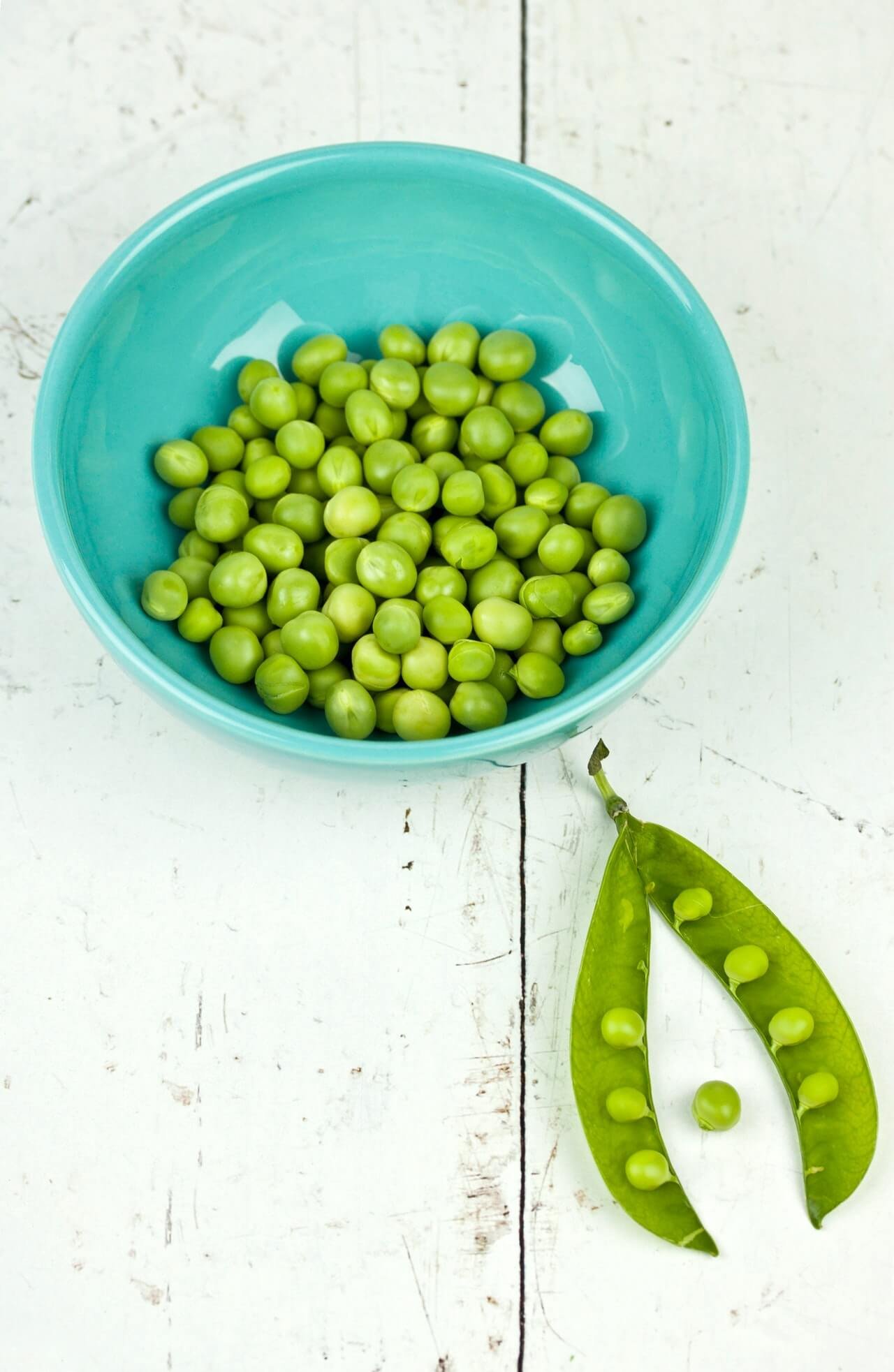Green Peas 8 Benefits you may not be aware of
 Overview
Overview
Plants such as Pisum sativum produce spherical seeds called green peas, also known as garden peas. Since hundreds of years ago, they have been part of the human diet and are consumed around the world. Despite their names, green peas are not technically vegetables.
These plants belong to the legume family, which produces pods with seeds inside. Also classified as legumes are lentils, chickpeas, beans, and peanuts. Although commonly referred to as a vegetable, these are often prepared and sold as a vegetable. There are frozen, fresh, and canned varieties available. Along with potatoes, corn, and squash, are considered starchy vegetables because they are high in complex carbohydrates called starches.
You can find several different varieties of it, including black-eyed, yellow, and purple. The most commonly consumed kind, however, is the green pea. Green and snap are also popular varieties and are often confused with each other because they look similar. The flavor and nutrient content, however, are different from those of snap.
Nutritional value

Half a cup (170-gram) provides the following nutrients :
Calorie count: 62
Carbs count: 11 grams
Fiber count: 4 grams
Protein count: 4 grams
Vitamin A count: 34% of the RDI
Vitamin K count: 24% of the RDI
Vitamin C count: 13% of the RDI
Thiamine count: 15% of the RDI
Folate count: 12% of the RDI
Manganese count: 11% of the RDI
Iron count: 7% of the RDI
Phosphorus count: 6% of the RDI
One of the reasons why they are different from other vegetables is because of their high protein content. Compared to cooked carrots, 1/2 cup (170 grams) contains four times the amount of protein as half-cup (170 grams) of cooked carrots.
Green Peas 8 benefits you may not be aware of.
1. Improves Digestion.
You can improve your digestion by eating it. They contain high fiber content, which improves digestion. Fiber improves the regularity of bowel movements by adding bulk to the stool. They are delicious in salads, sides, stews, and curries.
2. Enhances immunity

The vitamin C content of it makes them an excellent immunity-building food. Snow and peas provide approximately half the daily calories you require. It contains phytoalexins, a powerful antioxidant beneficial to preventing H.Pylori, the bacteria that causes stomach and duodenal ulcers, as well as stomach cancer.
3. It benefits the health of the eyes.
The benefits of it can be equally beneficial to your eyes. This plant contains the carotenoid pigment lutein as well. Age-related cataracts and macular degeneration or loss of vision in old age are known to be decreased by lutein. They have also been proven to boost eyesight.
4. It helps you get in shape

Also, the bite-size of it can help you shed some pounds quickly. In comparison to heavier legumes like beans and cow, are low in fat and low in calories. A 100 gram serving of it contains only 81 calories. You are less likely to binge eat other food when you’re full of fiber.
5. It is good for the skin
Among peas’ many benefits is their high Vitamin C content, which plays a huge role in the production of collagen. Collagen helps produce a glowing complexion. In addition, Vitamin C protects cells from damage caused by free radicals. In addition to fighting free radical damage, antioxidants help prevent it. It contains antioxidants such as flavonoids, catechins, epicatechins, carotenes, and alpha-carotene that help prevent signs of aging.
6. Blood sugar management may be improved
If you need to monitor your blood sugar levels, peas are a useful addition due to their low glycaemic index (GI) and high fiber content. In study after study, peas are found to contain amylose starch, which slows our digestion and, as a result, may help to balance blood sugar levels. Furthermore, peas contain nutrients such as magnesium, B vitamins, and vitamin C, which all help regulate blood sugar levels.
7. Can possibly protect against cancer
The high antioxidant levels in legumes, such as peas, may reduce your risk of cancer if you regularly consume them. Saponins are also found in peas; research has shown that some of these compounds protect against cancer.
8. Supports the health of the heart
Among the minerals in peas are magnesium, potassium, and calcium. Phytonutrients such as carotenes and flavonols support a heart-healthy lifestyle and protect against heart disease. We can manage our cholesterol levels, especially our LDL cholesterol, with the help of soluble fiber found in peas.



